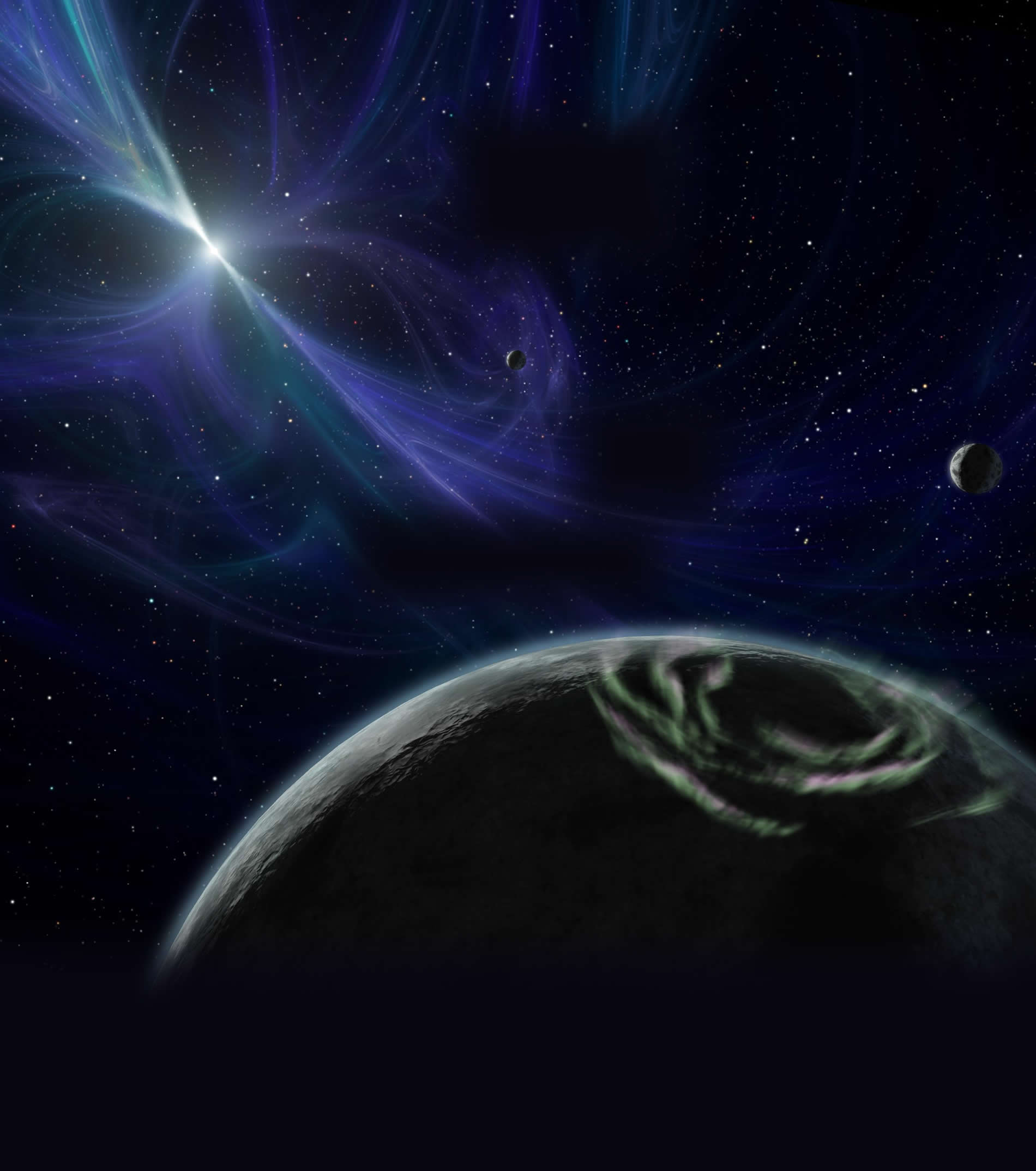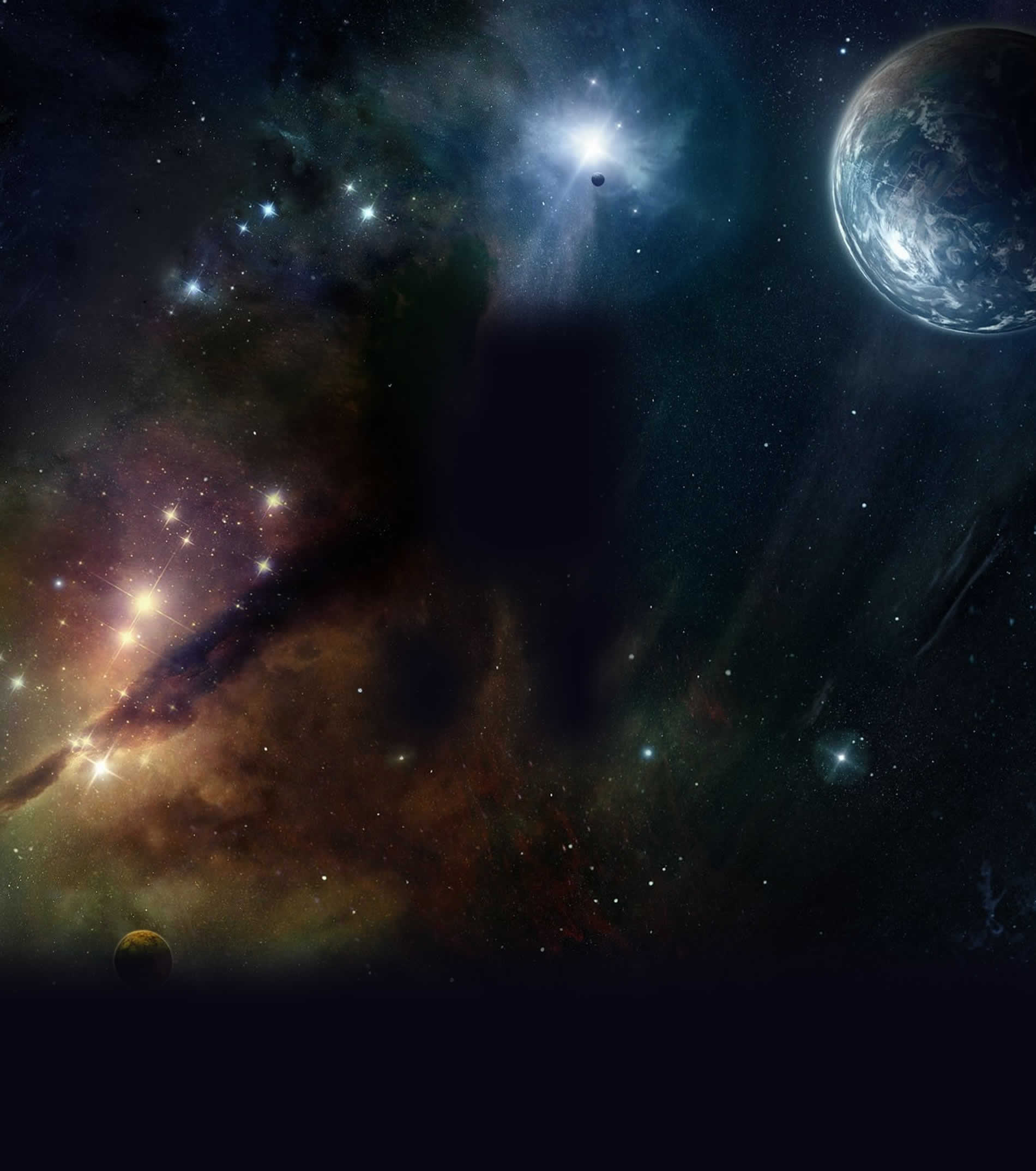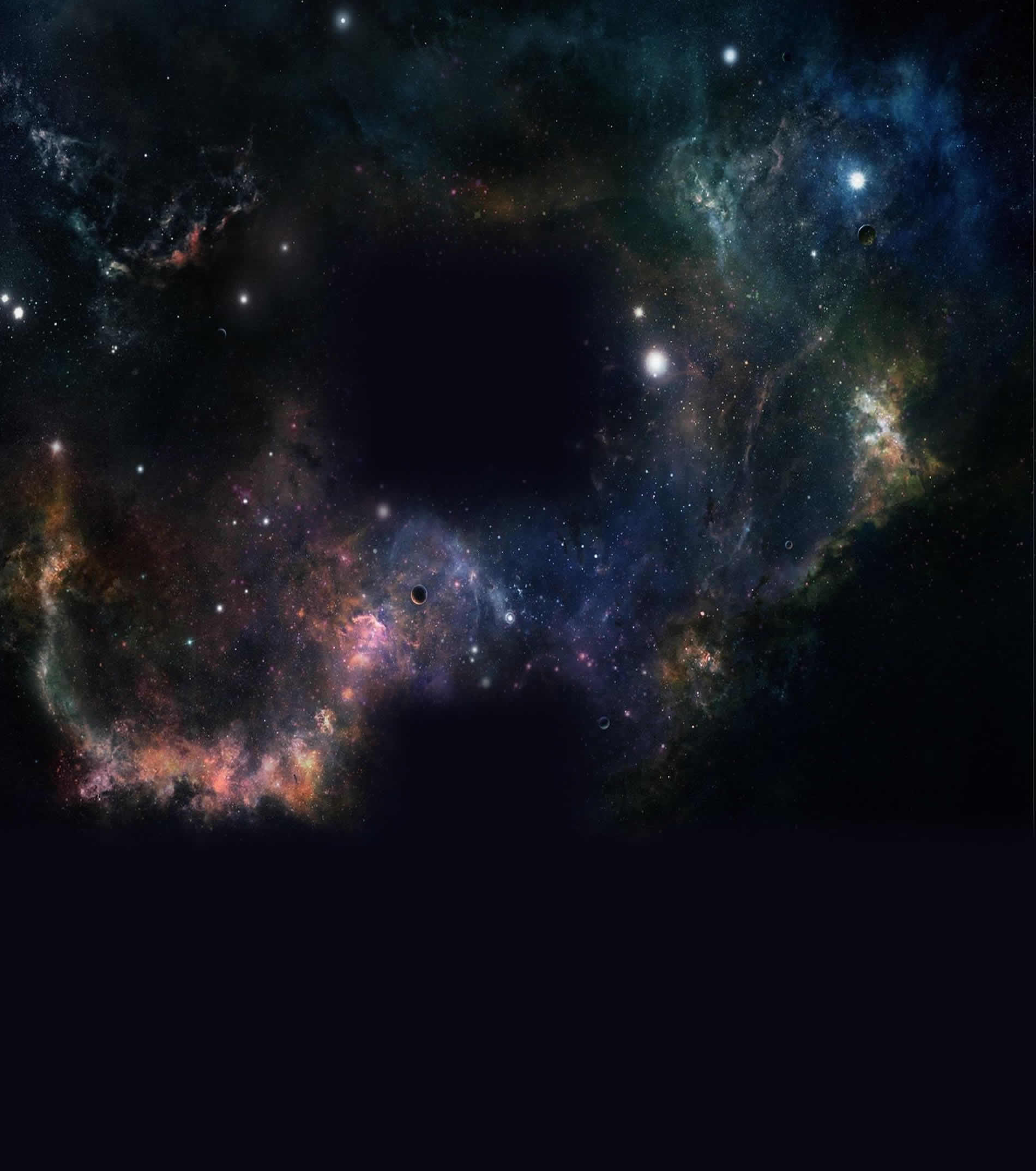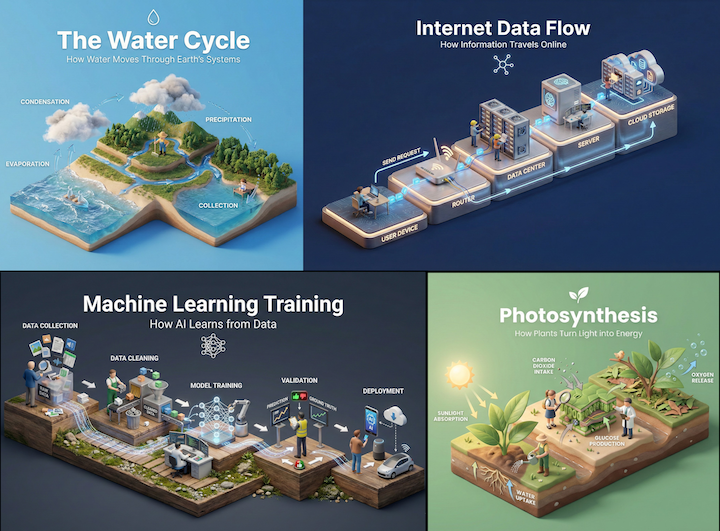AI (Artificial Intelligence) Resources for Schools
Schools worldwide are gradually accepting the fact that not only is AI here to stay, but it's about to transform the world even more than electricity or the internet.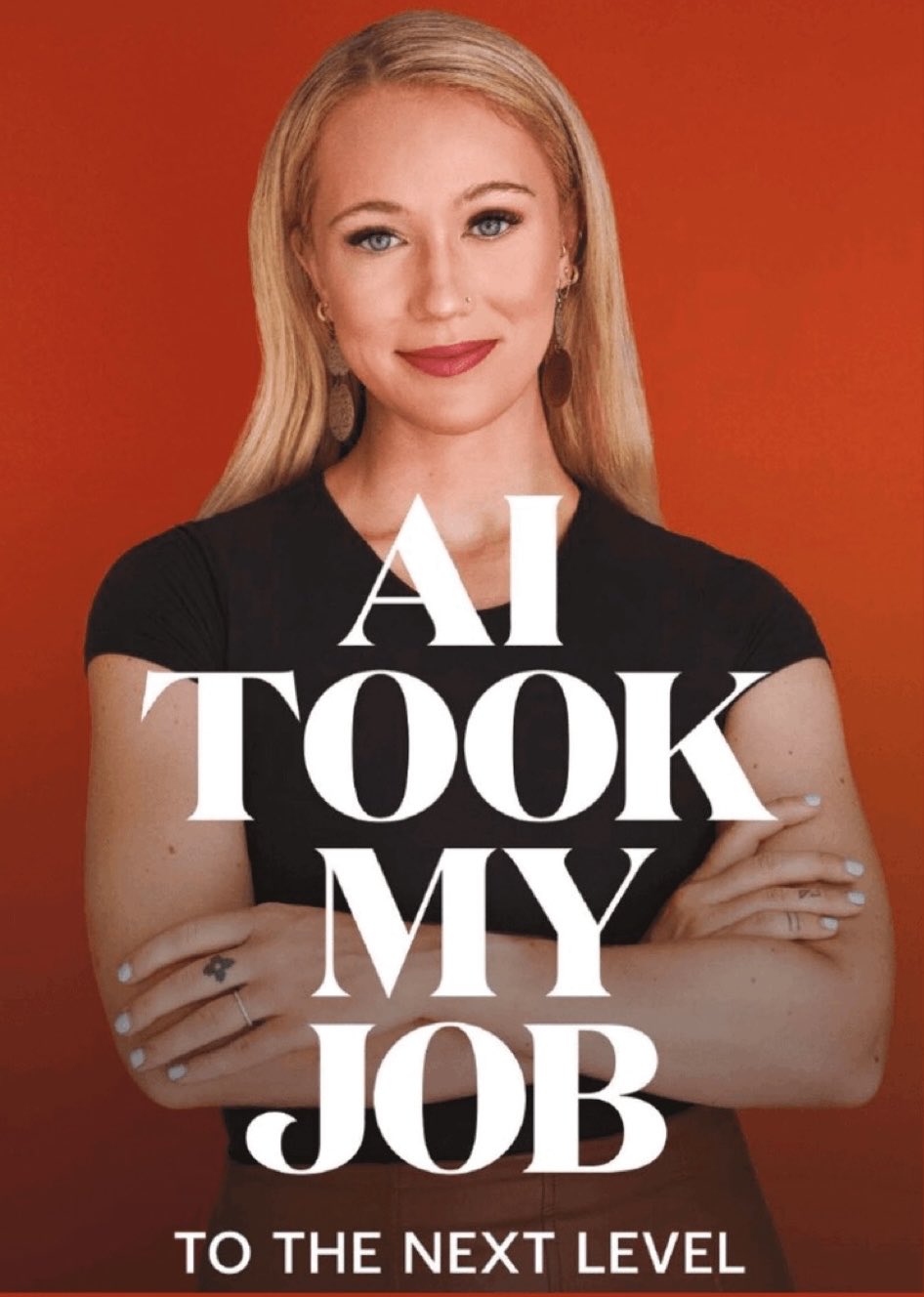
Teachers are beginning to use AI for:
- Role playing challenging conversations
- Building quizzes, tests and lesson plans from curriculum materials
- Reducing friction for non-English speakers
- Teaching students about critical thinking
Below is our growing list of useful teacher resources for using - and teaching with - AI:
- AI Implications for Schools - by Andrej Karpathy, AI Founder & Researcher
- ChatGPT Study Mode - helps students learn by working through problems step-by-step instead of simply handing them the answers
- The Official AI Survival Guide for Teachers - by GPTZero*
- Balancing AI Exploration: Educator Best Practices for Student AI Interaction - by AI Forward (AIFWD)*
- AI Safety for Fleshy Humans - by Nicky Case & Hack Club
- Without AI Literacy, Students Will Be ‘Unprepared for the Future’ - by Education Week
- A Student’s Guide to Using AI Ethically for Schoolwork - by Christoph Cemper
- Canva brings AI to the classroom
- Teaching with AI - by OpenAI
- How to Use AI to Do Stuff: An Opinionated Guide - by Prof. Ethan Mollick
* kindly shared by Ms. Francisco Osborne, Homeschool Teacher
Ideas:
- A primary school teacher inspires her students by creating AI-generated images of their future selves based on their goals and aspirations.
AI prompts to try:
- "You are a quiz master and are going to ask me 10 questions on the subject of [ insert subject ]. Make them suitable for children of age [ insert age ]. You will ask them one at a time, and wait for my response. After each response tell me if I am right or wrong. At the end of the quiz, give me my score and ask me whether I would like to try again"
- Educational visuals like the ones below created with Gemini Nano Banana Pro and the following prompt (click image to enlarge):
Our fulldome (360°) film A Ukrainian Lullaby is an early (Feb 2023) visualisation created with the AI applications Midjourney, Stable Diffusion and DALL-E. This means the film producer (who is not an artist) used text prompts to describe to the AI applications the type of imagery he required, and the AI created completely original visuals for the film (to which he added a soundtrack). You can do the same with your students!
Our shared 360° virtual reality experience Visit 8 Wonders of the World includes fun examples of 'misspelled' Wonders created by DALL-E. You can share the same creative fun with your pupils.
“The field of Artificial Intelligence is set to conquer most of the human disciplines; from art and literature to commerce and sociology; from computational biology and decision analysis to games and puzzles” - Anand Krish
